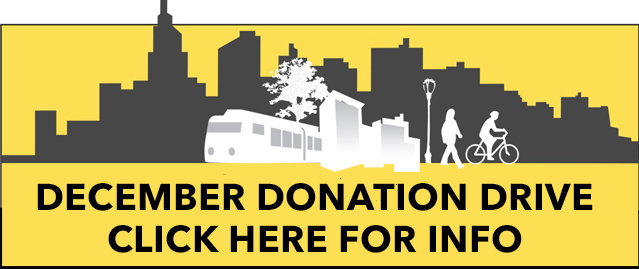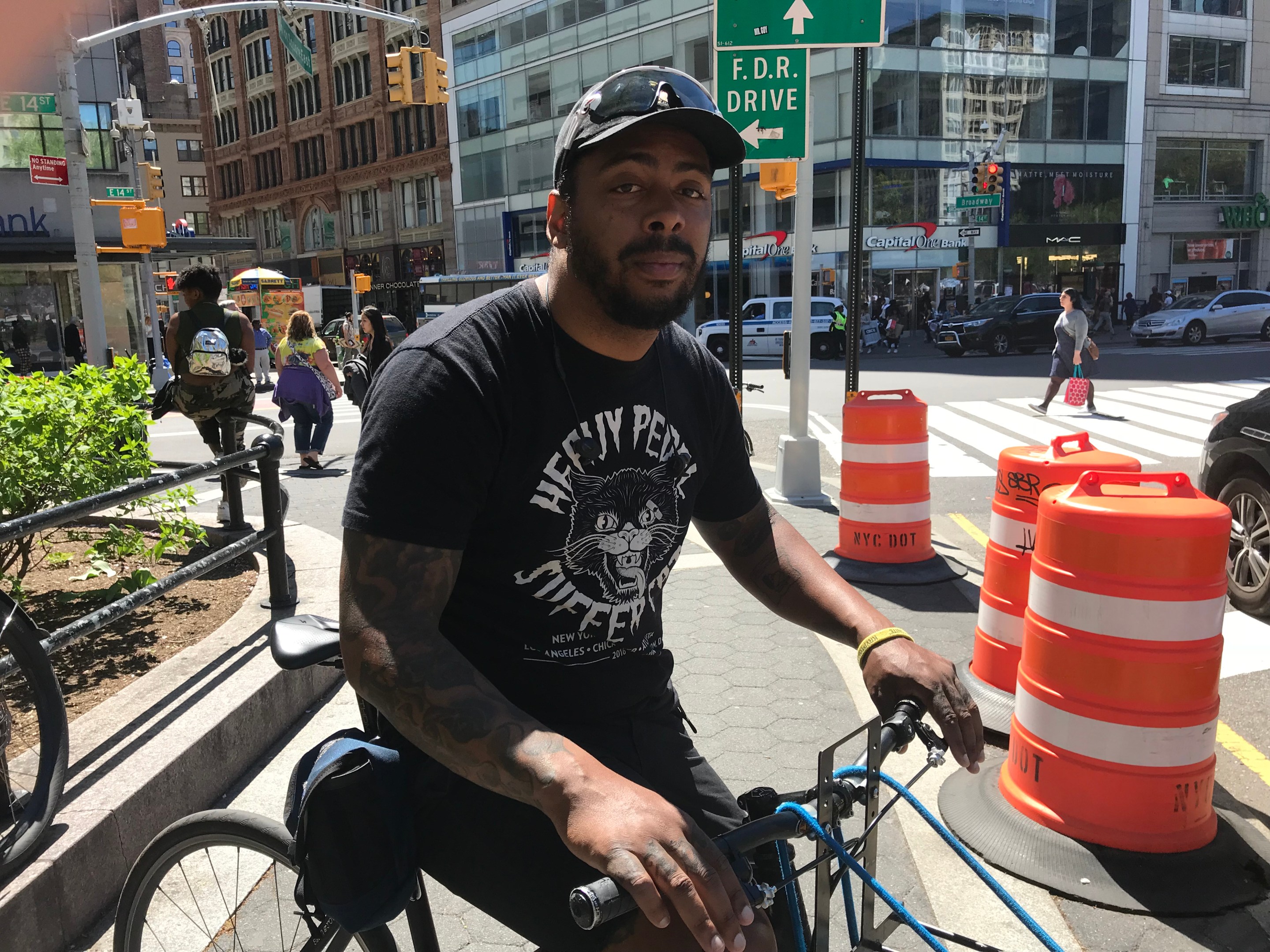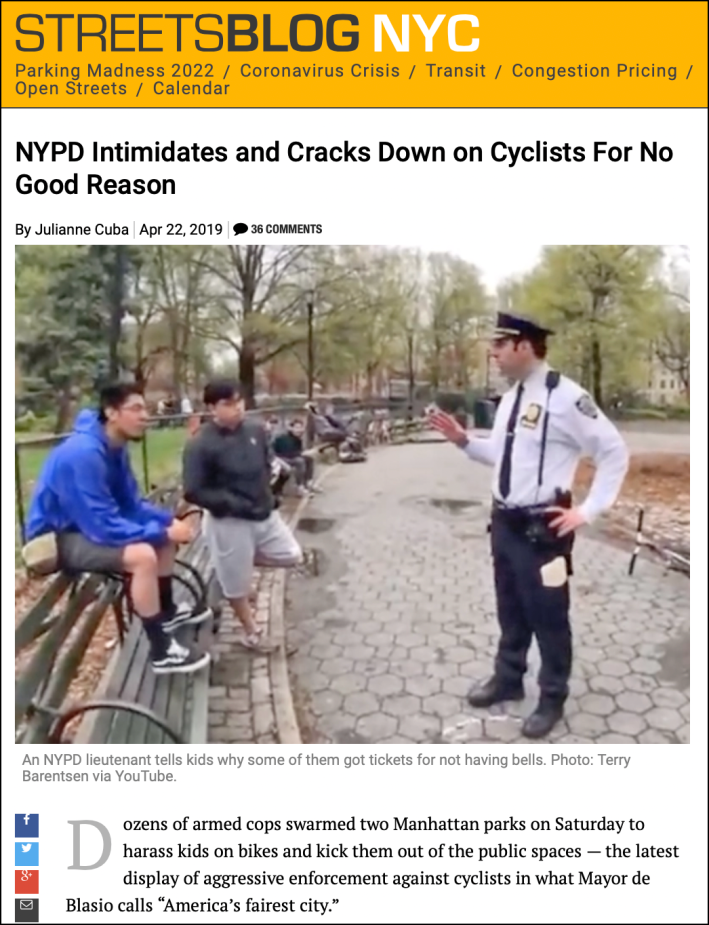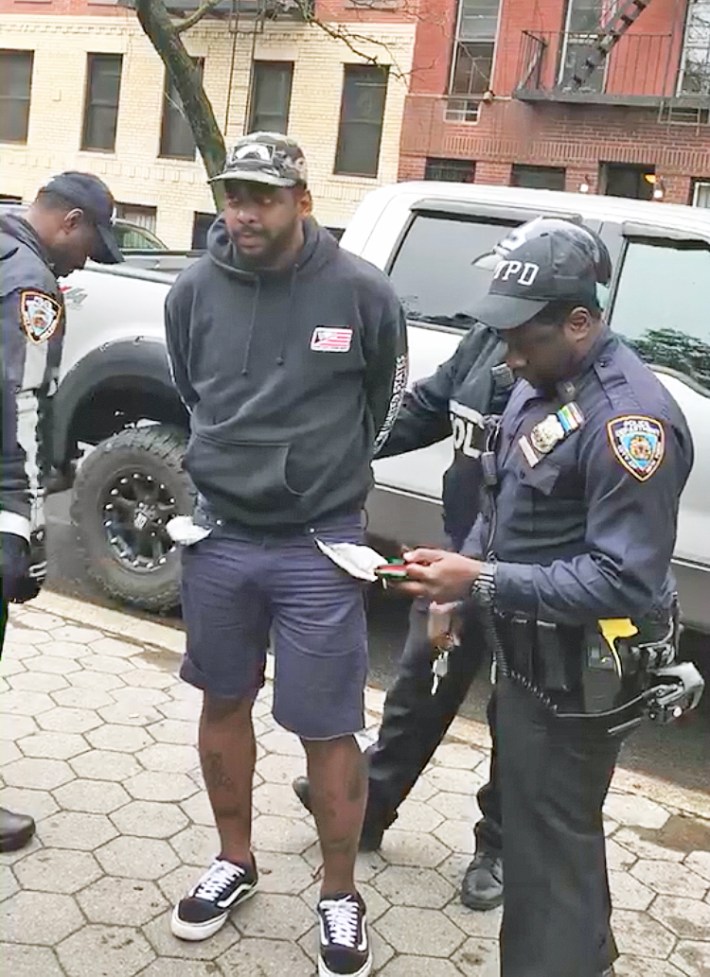
The NYPD violated the civil rights of a Black cyclist who cops infamously arrested in 2019 before the start of a group ride, according to a new lawsuit filed Thursday in federal court.
Shardy Nieves says he was targeted by police because of the color of his skin and because of his public criticism against the NYPD for its mistreatment of cyclists. Before one of his rides, dozens of armed officers showed up and arrested Nieves on what they claimed was an outstanding warrant that was ultimately dismissed. But Nieves believes the NYPD’s top brass personally retaliated against him for the negative attention he was bringing to the police department and unconstitutionally had him arrested more than three years ago.
“...at the direction of Former New York City Police Commissioner James P. O’Neill, NYPD officers — unconstitutionally and without any legal basis — arrested Mr. Nieves in retaliation for the First Amendment-protected activity of organizing a memorial ride for a bicycle messenger killed by a truck driver and for criticizing the NYPD’s response to cyclists killed by drivers on the streets of New York City, and to restrain him from throwing another bike ride and further criticizing the NYPD, depriving Mr. Nieves of his constitutional rights,” says the suit, which was filed in the Southern District of New York.
On April 20, 2019, nearly 50 members of the NYPD, including members of the controversial Strategic Response Group, swarmed Tompkins Square Park and later Union Square Park to harass riders before the start of the sixth annual “Race and Bake” bike event, which Nieves said had nothing to do with marijuana besides the pun. The cops confiscated their bicycles and slapped riders — the majority of them young men of color — with tickets for not having bells affixed to their bikes, the so-called "No-Bell Prize."
The unidentified officers — seven of them are unnamed in the suit — also handcuffed Nieves, and hauled him to the Ninth Precinct station house before transferring him to a courthouse in the Bronx, where he waited about four hours behind bars. Nieves said they had shown him pages from his social media account, and indicated that they had stalked him to the event over a then-four-year-old open container warrant from the Bronx.
But according to the lawsuit, the warrant “was either fabricated, based on deliberately false information, or used against” Nieves even though it was unrelated to him. A Bronx judge immediately dismissed both his warrant and arrest without any penalty or fine, the suit says.
And days later, O’Neill admitted that he had deployed his rank-and-file officers as a “tool” to stop the ride — in violation of Nieves's rights, according to his lawyer Keegan Stephan from the firm Beldock Levine & Hoffman.
Stephan believes Nieves’s criticism of the NYPD put a target on his back — especially in the wake of the death of Aurilla Lawrence, who was struck and killed by a truck driver in Brooklyn on Feb. 28, 2019, just months prior to his arrest. Several days after Lawrence’s death, Nieves had organized a memorial ride and spoke out against cops’ practice of ticketing cyclists after a fatality.
“Mr. Nieves criticized the NYPD for — in response to cyclists being killed by drivers — setting up ticket traps for cyclists,” the suit says.
Nieves said cops even showed up that same year to a BBQ and the funeral of a friend who had died from cancer — out of what he believes was pure intimidation.
“Police showed up at the funeral, it just became harassment,” he said.
Advocates and legal experts charged that the crackdown, and Nieves's arrest, was “punitive and racist” and just “broken windows policing by another name” since most of the ride’s participants were young Black and brown men like Nieves. Stephan alleges in the suit that cops would never have gone after Nieves had his rides looked different.
“The NYPD does not similarly crack down on other group bicycle rides — arresting their organizers and confiscating participants’ bicycles for not having bells — when the majority of the participants in those rides are white, even when those rides are nearly identical in size, lawfulness, and every other material respect,” the suit says.
Nieves said he was demoralized by the arrest — he no longer organizes bike rides in the city out of fear of police.
“It sucked, it really did. I don’t do events in New York anymore, that time has passed, I don't wanna have issues with the NYPD anymore,” he said.
But the cops couldn't take away his bike. He still rides — it’s how he commutes to work and it’s his way of life. Nieves says all he wants now is for police to go after the reckless drivers who kill people, not innocent cyclists like him and his friends.
“We’re just trying to build a community, that’s all we’re trying to do,” he said. “I would just hope that this would open the eyes of the NYPD and they start going against the reckless drivers that are out there and not the cyclists. Find the bad drivers, go after them.”
A spokesperson for the NYPD said the police department will “review the lawsuit if and when” it is served.








